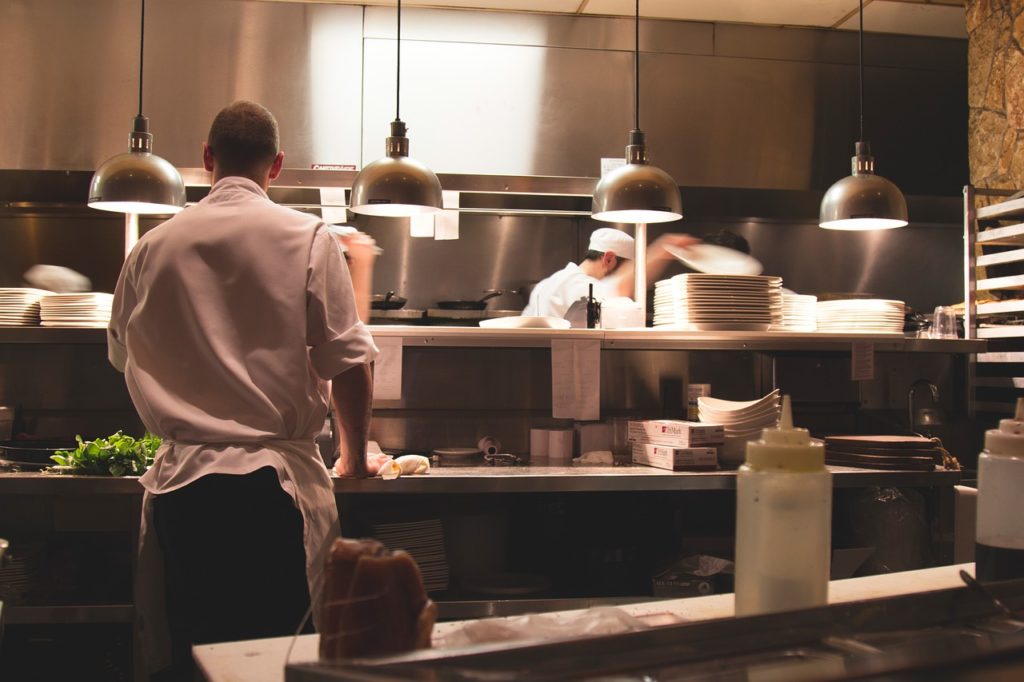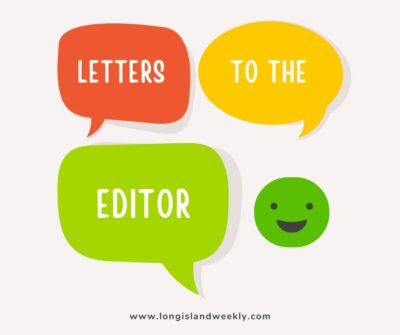 By Karen Tenenbaum
By Karen Tenenbaum
Every year, restaurants get shut down for nonpayment for sales or withholding taxes. Based on an analysis of media coverage, restaurant seizures seem to be more common than other types of business seizures. Most restaurant owners might identify with the unique challenges of opening and operating a restaurant. Too often, we see many restaurateurs fall behind on their taxes as a result of cash flow issues and low profit margins. When restaurant owners ignore these tax issues, or even fail to address the tax issues promptly, they risk a padlock on their business. Here are a few essential tips New York restaurant owners need to know.
Accurate and detailed record-keeping of sales is an absolute must. Record-keeping is critically important for a restaurant. Poor records can make it difficult to challenge an audit.
The combination of a sales tax audit and inadequate record-keeping could result in serious financial conflict for both the restaurant and its owner. A sales tax audit requires the following information, among other details: total sales, taxable sales, taxable purchases, tax collected, credits and tax due. The best way for a restaurant owner to minimize the risk of an audit is to develop and maintain good record-keeping practices. Having accurate and complete records is absolutely necessary for profitability tracking, and more importantly, tax compliance.
Food and food products are subject to complex tax rules. Under New York law, (NY Tax Law §1115) food and food products are generally exempt from sales tax. However, in certain circumstances, the sales of food and food products prepared by restaurants and similar establishments are subject to sales tax. If a restaurant offer patrons or employees food or drink “on the house,” there are a few issues at hand. Even when consumers or employees are not charged for food or drink, New York law states that the restaurant is still subject to a “use tax.” The use tax is “imposed on the use of taxable items and services in New York when sales tax has not been paid.” Therefore, a New York restaurant is responsible for the payment of tax even on complimentary food or drink, because it is used or consumed within the state.
New York State takes sales tax seriously—consequences for failing to collect and/or remit sales tax are severe.
Penalties and interest, as high as 14.5 percent, may be imposed for failing to pay sales tax. A business may also have its Certificate of Authority revoked or face criminal prosecution for failure to pay. Worse, business owners or other responsible persons can be held personally liable for the sales tax owed. New York State can pursue any combination of enforcement methods, such as warrants, levies, income execution and seizures, to collect what is owed. If a taxpayer owes $10,000 or more in taxes, penalties or interest, New York can suspend a taxpayer’s New York State Driver’s License.
If you haven’t collected or paid sales tax, New York State does offer a relief in the form of the Voluntary Disclosure and Compliance Program. Restaurant owners should contact a tax professional to discuss compliance with sales tax rules and how to resolve a tax dispute.
Karen Tenenbaum, Esq., LL.M. (Tax) is a CPA of Tenenbaum Law, P.C. in Melville, which focuses on the resolution of IRS and NYS tax controversies. Visit www.litaxattorney.com or contact at info@litaxattorney.com or 631-465-5000.


















